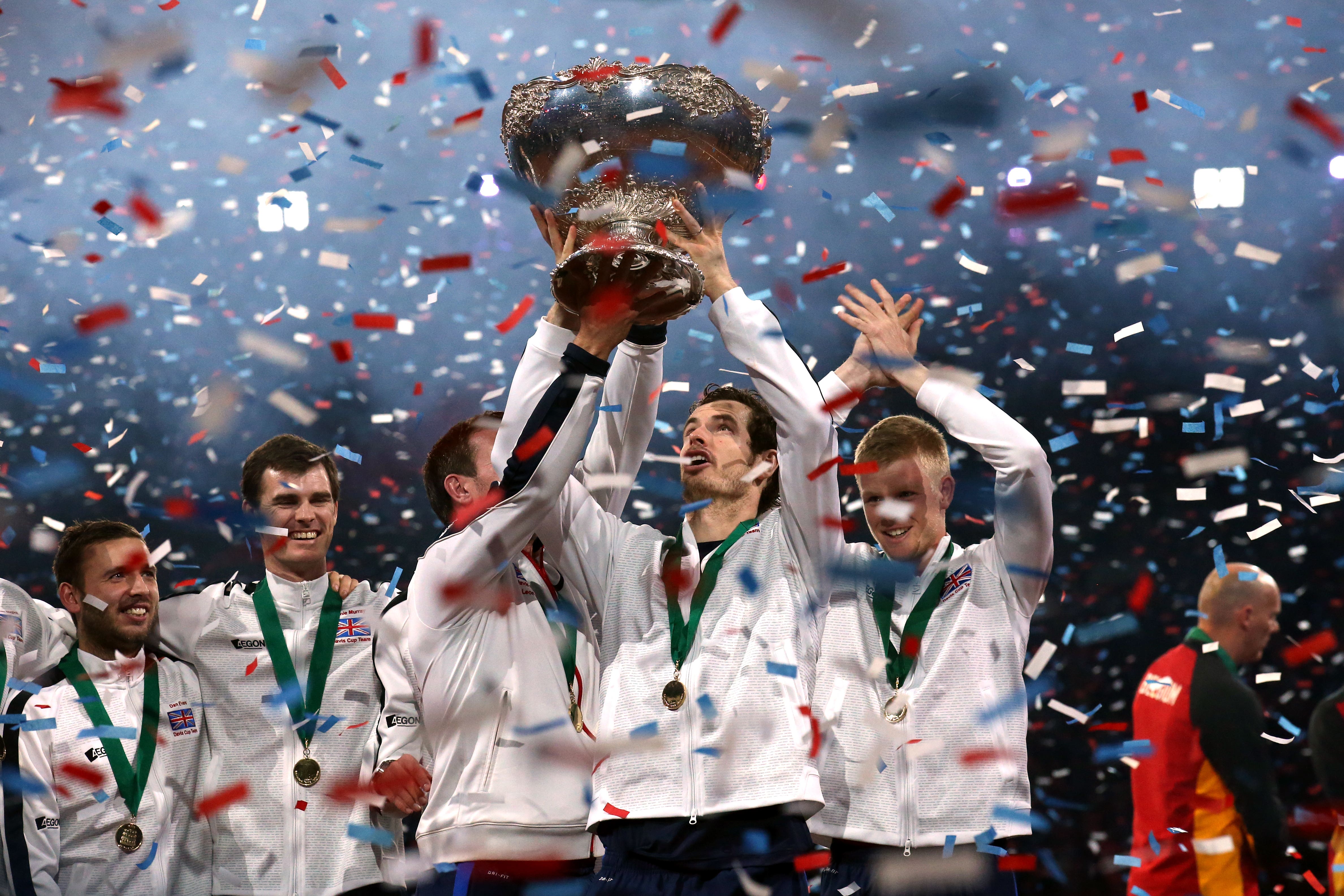ITF partnership with Gerard Pique’s Kosmos group for Davis Cup ends prematurely
The end of the big-money partnership means the future of the historic competition is unclear.

Your support helps us to tell the story
From reproductive rights to climate change to Big Tech, The Independent is on the ground when the story is developing. Whether it's investigating the financials of Elon Musk's pro-Trump PAC or producing our latest documentary, 'The A Word', which shines a light on the American women fighting for reproductive rights, we know how important it is to parse out the facts from the messaging.
At such a critical moment in US history, we need reporters on the ground. Your donation allows us to keep sending journalists to speak to both sides of the story.
The Independent is trusted by Americans across the entire political spectrum. And unlike many other quality news outlets, we choose not to lock Americans out of our reporting and analysis with paywalls. We believe quality journalism should be available to everyone, paid for by those who can afford it.
Your support makes all the difference.The controversial 25-year deal between the International Tennis Federation and Gerard Pique’s Kosmos group to run the Davis Cup is ending after less than five years.
In announcing the partnership in August 2018, Kosmos founder and former Barcelona and Spain footballer Pique promised to plough three billion US dollars into tennis and said the deal secured the future of the historic competition, which began in 1900.
It was hugely divisive, with the arrangement largely scrapping the home-and-away format, which saw countries host individual ties against other nations in knockout rounds, in favour of a World Cup style event.
The ITF insisted there is no immediate threat to the competition but its future now appears distinctly unclear.
The statement read: “The ITF can confirm that its partnership with Kosmos Tennis for Davis Cup is ending.
“The ITF has ensured financial contingencies are in place and, as the custodian of the competition, will operate the 2023 qualifiers and finals as scheduled, with the Final 8 taking place in Malaga, Spain, this November.
“The ITF negotiated a strong deal for tennis in 2018. The partnership increased participation, prize money and interest in Davis Cup and produced funding to support the global development of our sport.
“As well as being focused on delivering another spectacular edition of the men’s World Cup of Tennis, we are focused on the future growth of the largest annual international team competition in sport.”
The Kosmos deal came after many years of discussion about the best way forward for Davis Cup, which was struggling to attract the best players consistently, while hosting ties was challenging financially and logistically for federations.
But the move away from the home and away format that many felt was the essence of Davis Cup was hugely unpopular with fans, while Great Britain, whose run to the 2015 title was played in front of packed arenas, and Australia were among the countries that voted against the deal.
The inaugural edition of the Kosmos run competition took place in Madrid in 2019 and saw low attendances for most matches not involving Spain and scheduling difficulties.
Organisers continued to make changes to the format in an effort to attract more fans, attention and investment, while the Covid-19 pandemic hit Davis Cup hard, with the 2020 edition cancelled.
Last year’s tournament saw four countries including Britain host a group stage in September before the quarter-finals, semi-finals and final took place in Malaga, Spain in November.
Canada lifted the trophy and organisers declared the event a “great success”, saying 176,740 spectators attended the group stage and finals compared to just over 100,000 in 2021.
But it was clear the sums were not adding up for Kosmos and there will be many questions about where the competition and the ITF go from here.
Join our commenting forum
Join thought-provoking conversations, follow other Independent readers and see their replies
Comments